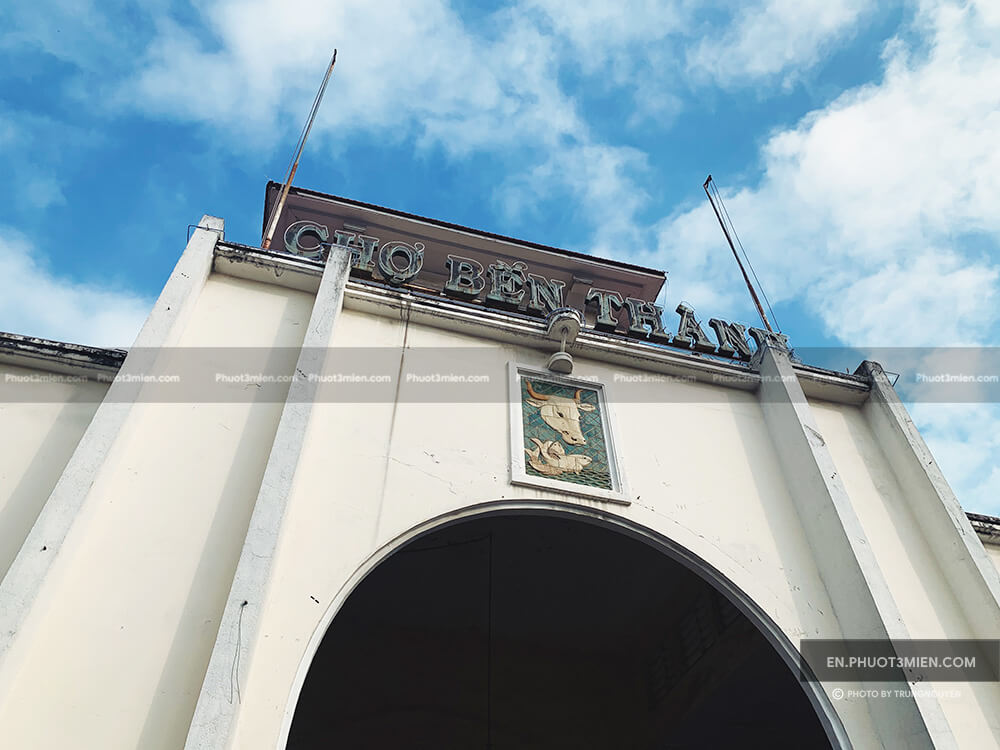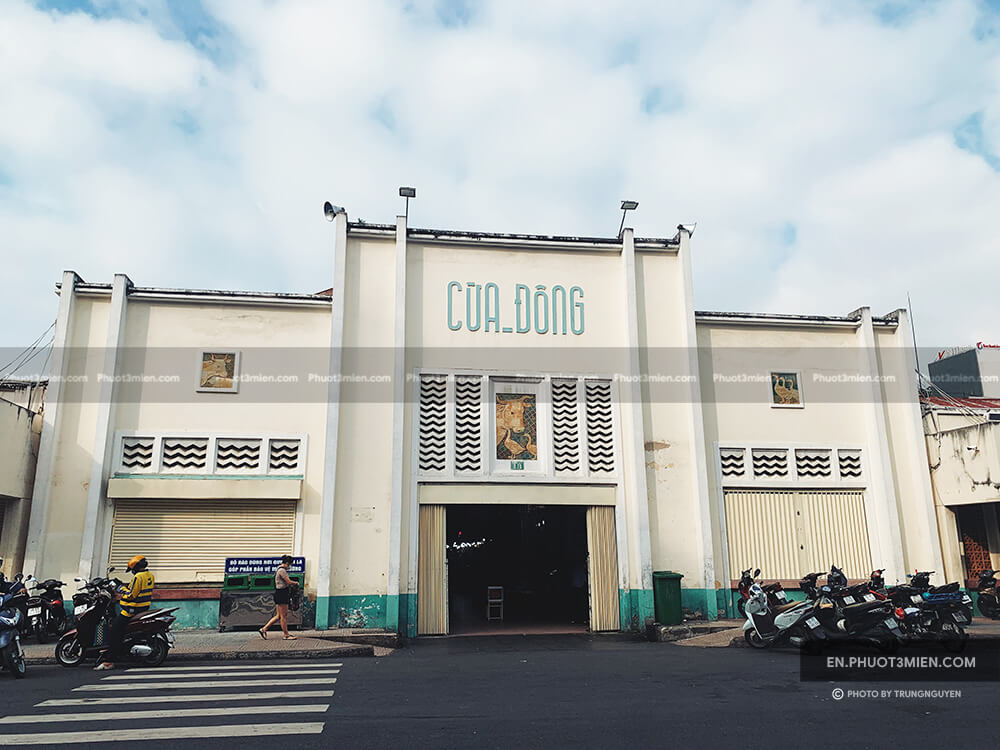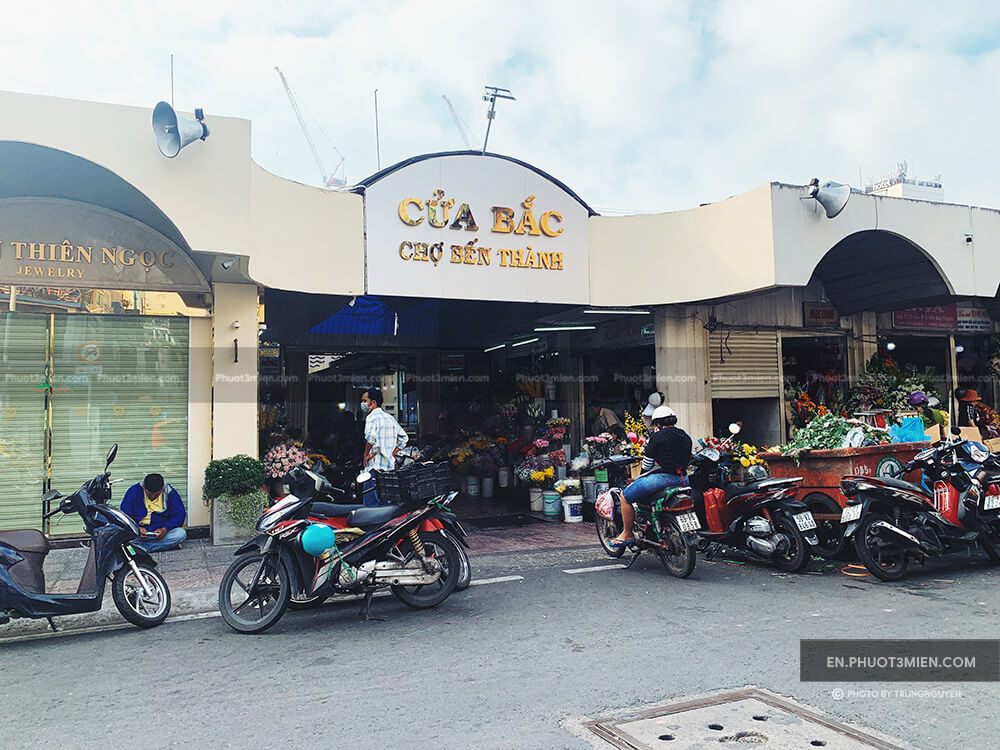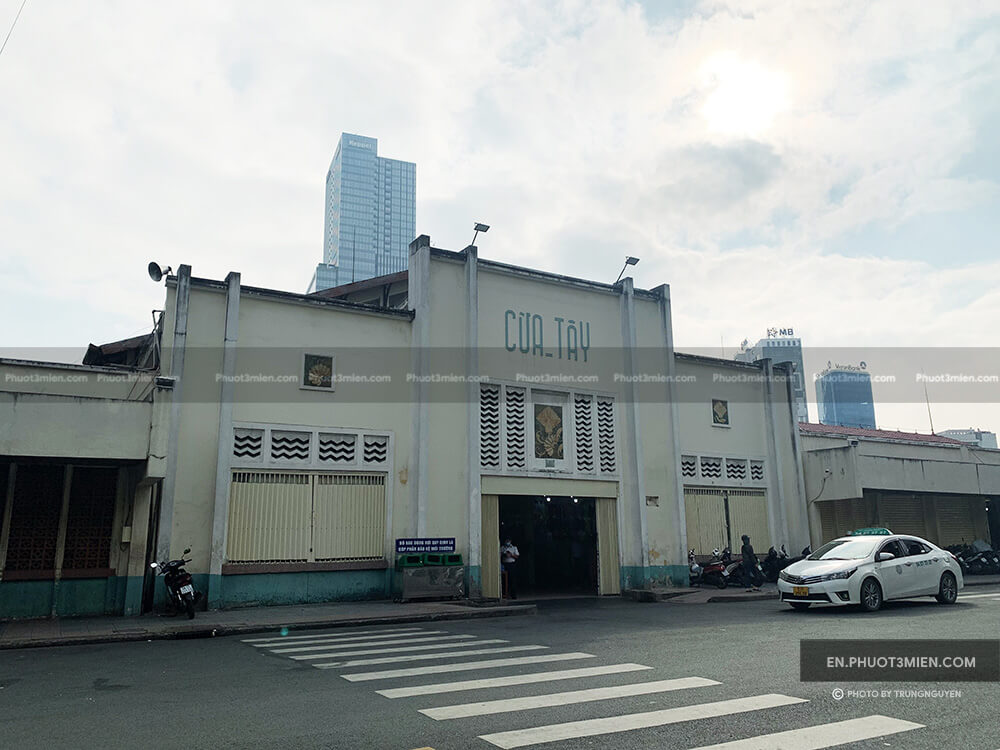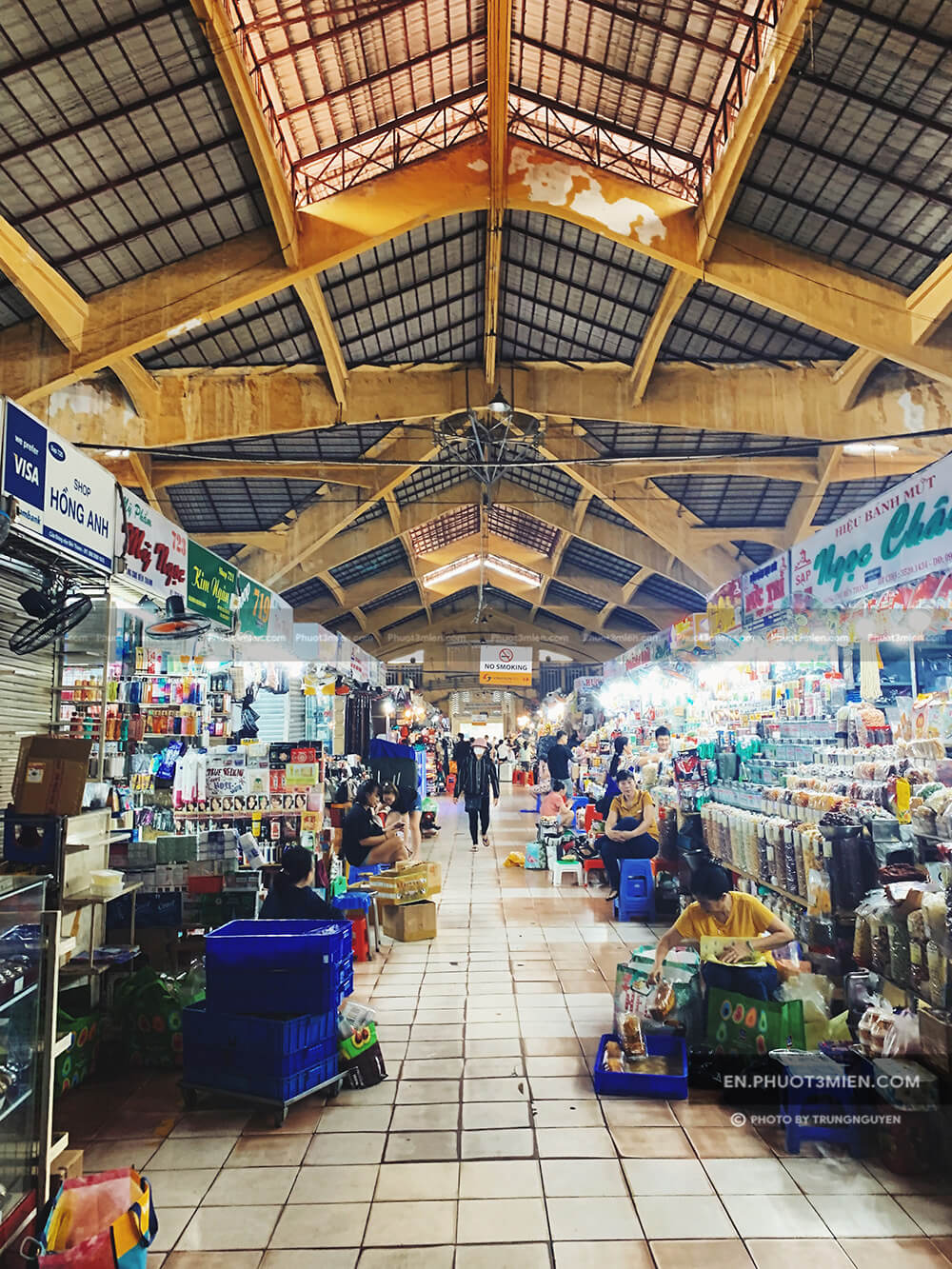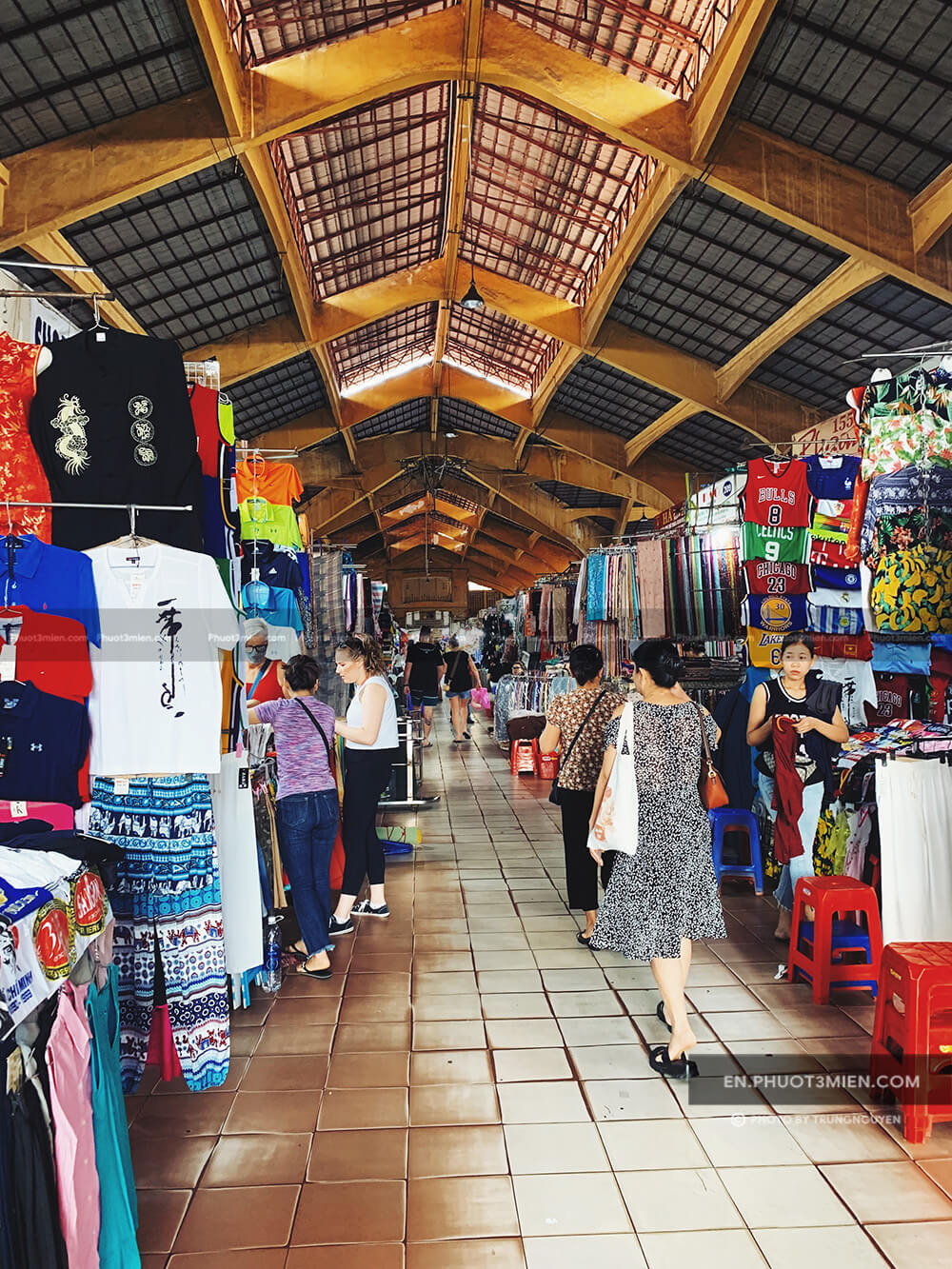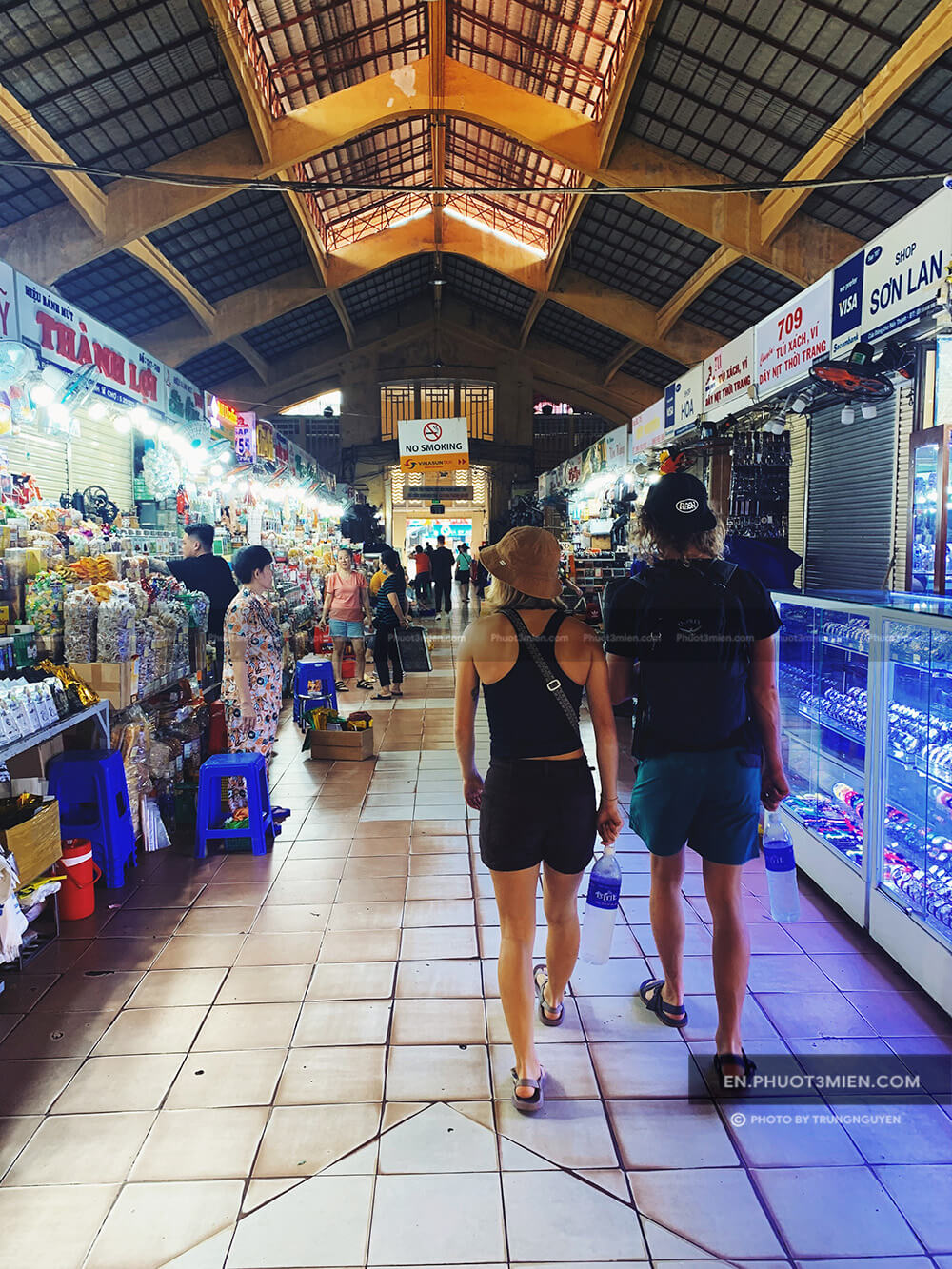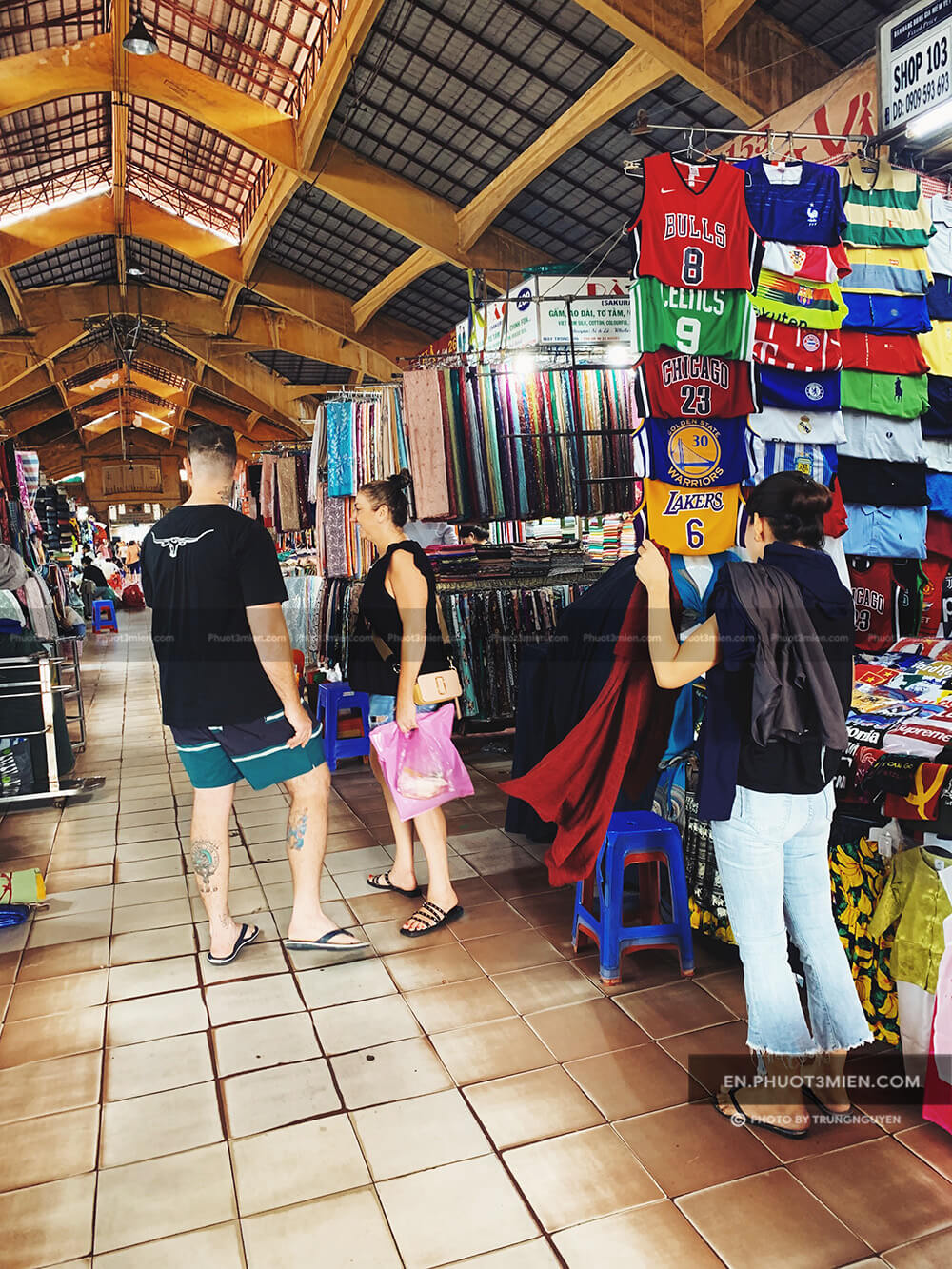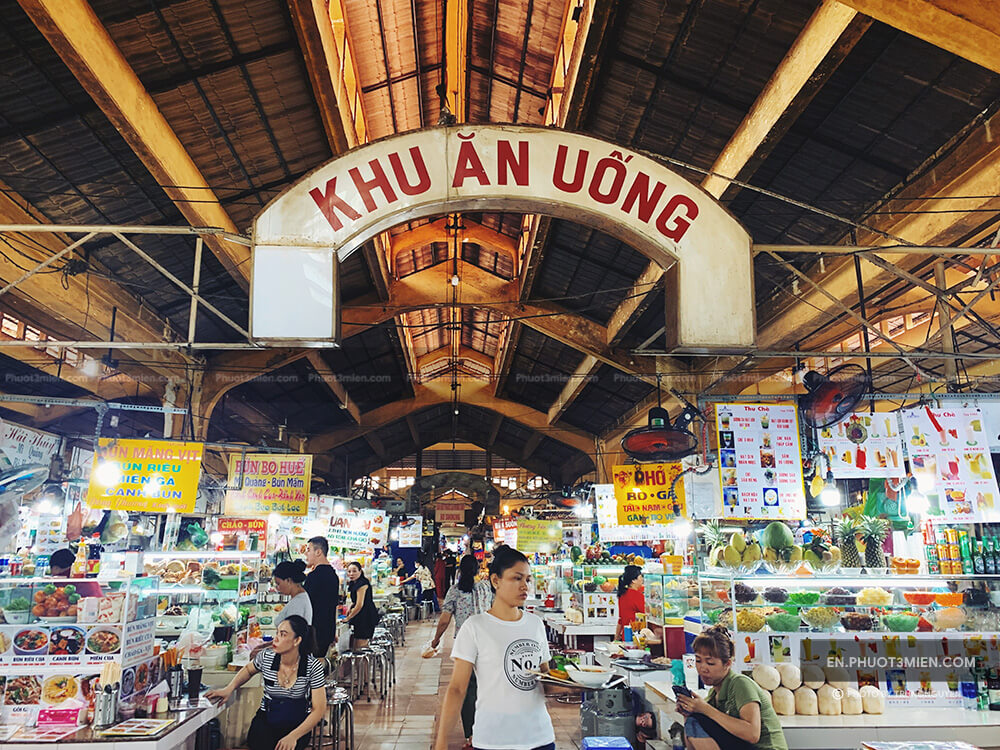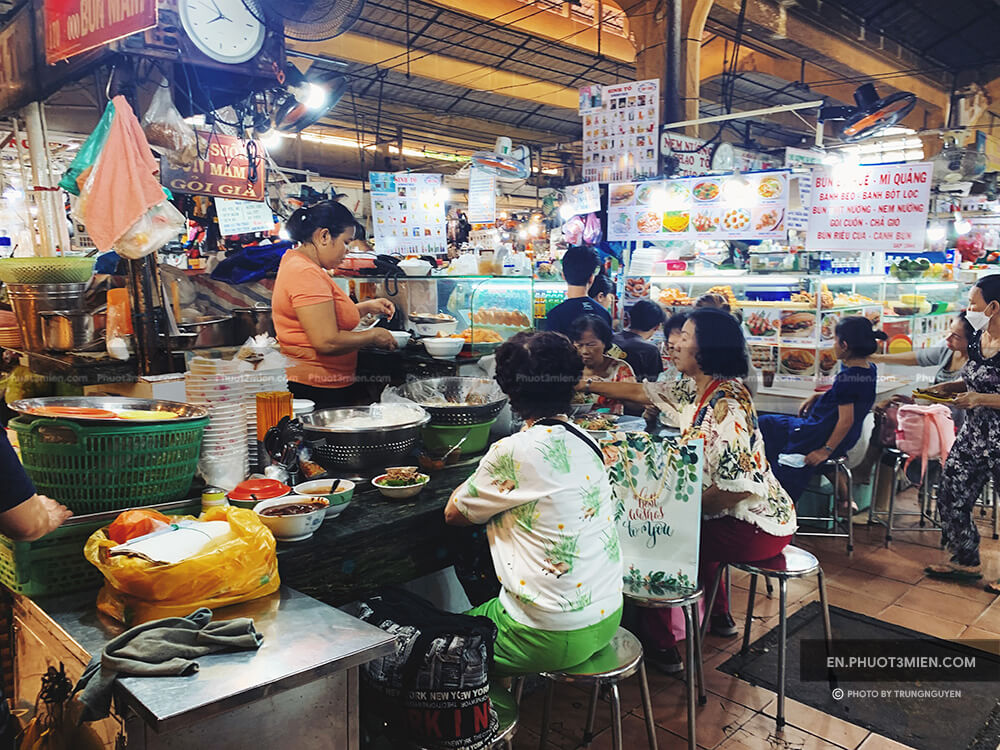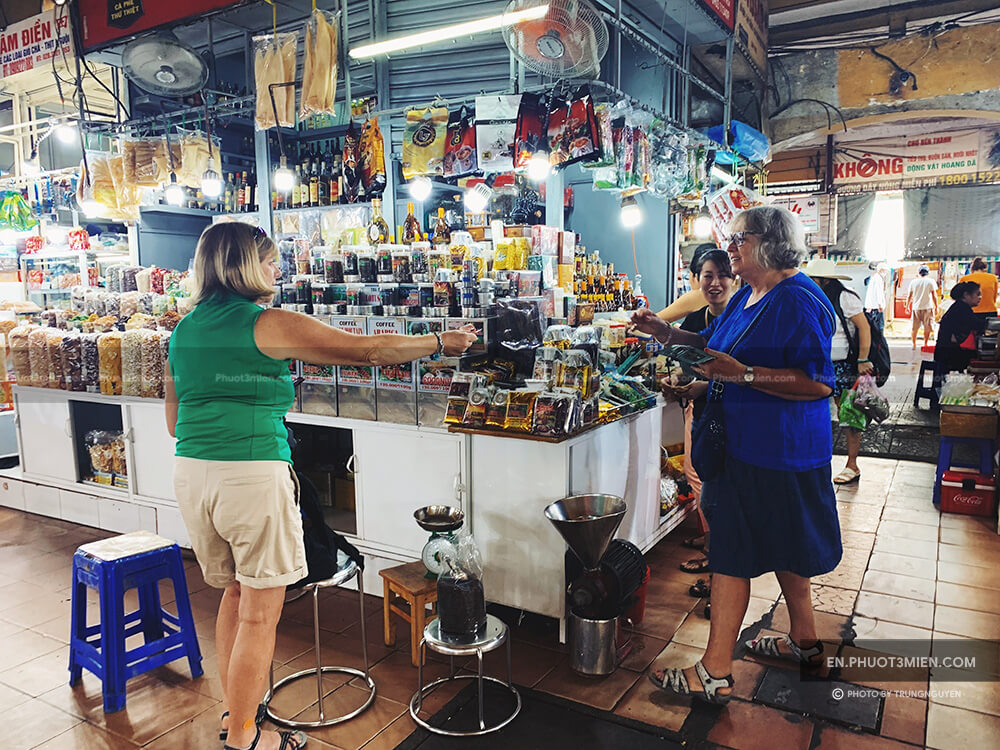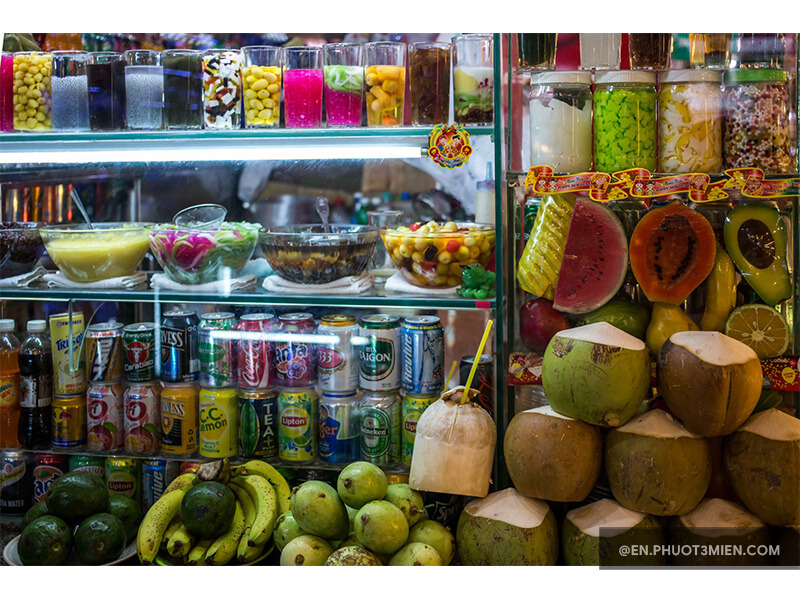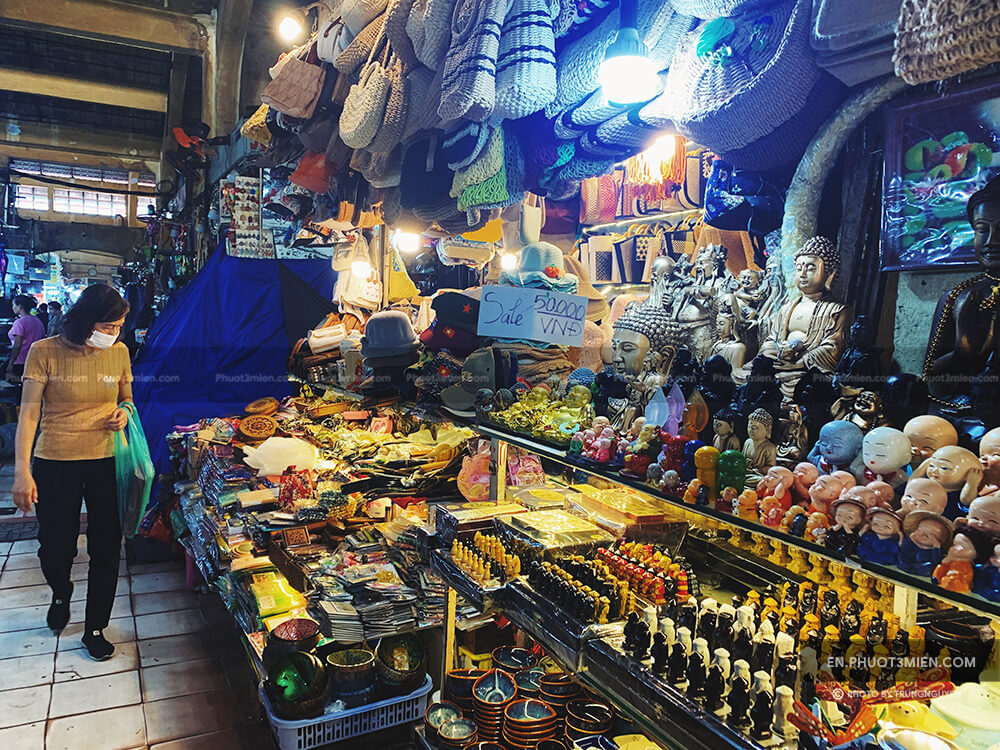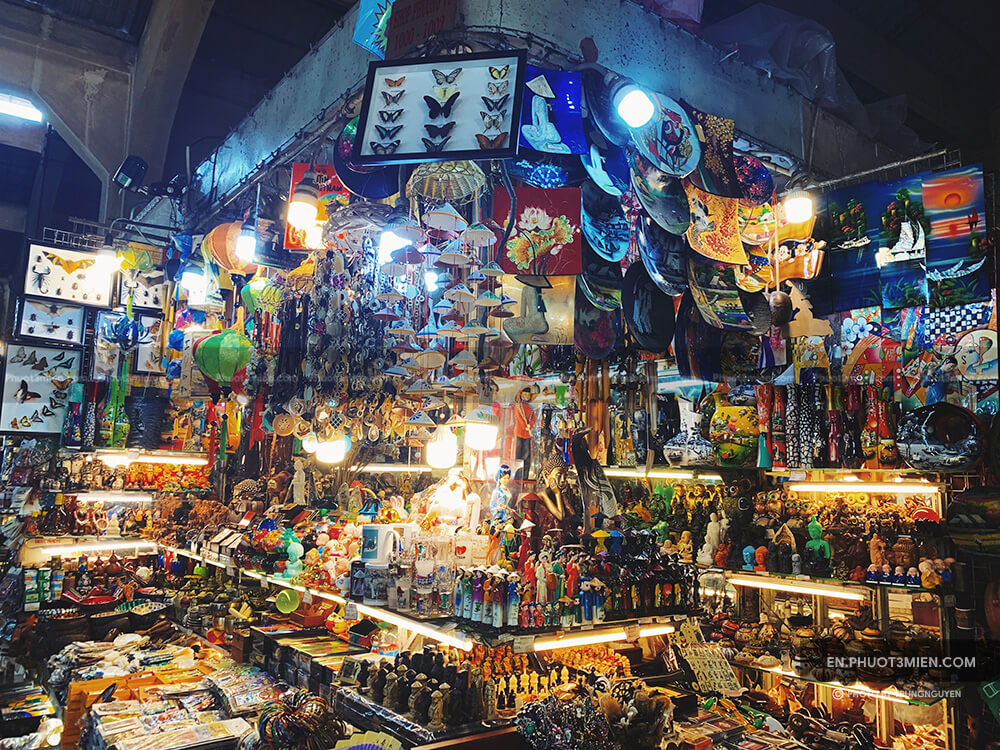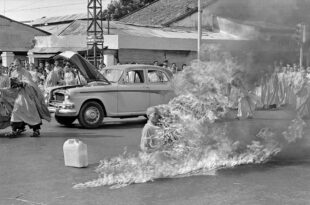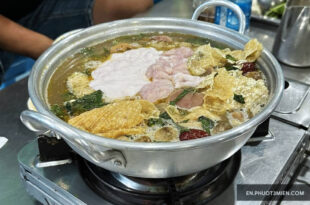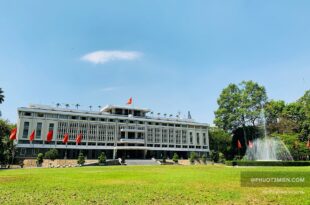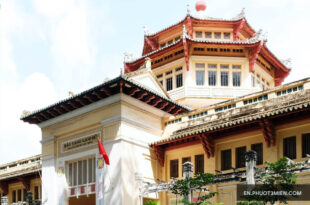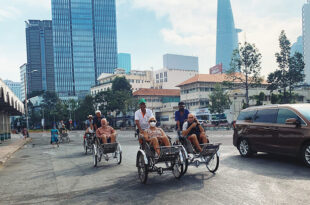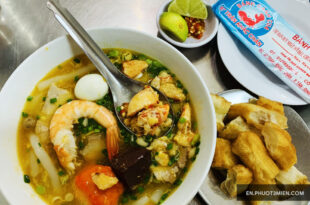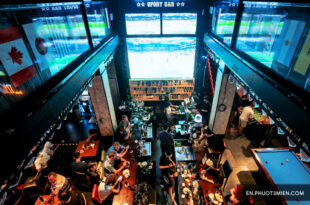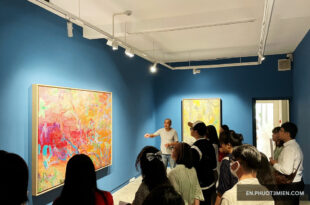Your Comprehensive Walk-through of Ben Thanh Market
Vietnam is a bargain hunter’s paradise with markets almost on every corner. Ben Thanh Market is one of those markets which is a must go when you are here. It’s so much more than just a place to shop as you will see.
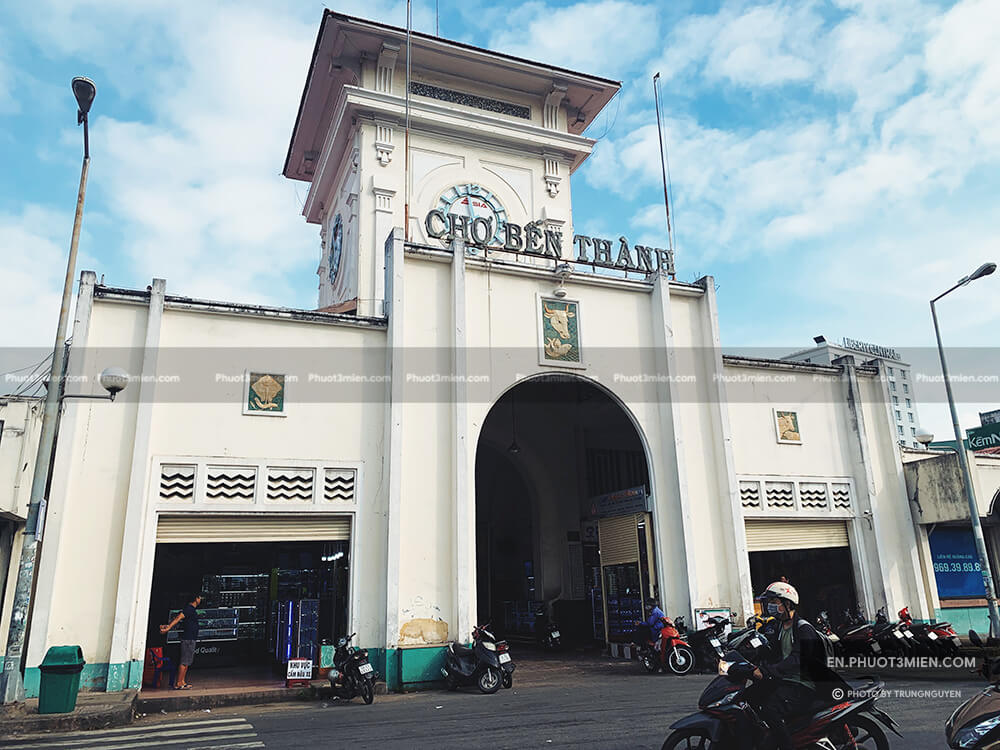
Vietnam, especially Saigon, is a bargain hunter’s paradise with markets and malls on almost every corner. From flea markets to upscale luxury malls, the city has it all. Luxury shopping malls mainly cater to a foreign crowd, expats and tourists alike, and a small niche of the city’s local population that is comprised of the affluent, so your shopping experience may not be much different to what you get at home.
Malls like this include Vincom Plaza, Diamond Plaza, Takashimaya and Saigon Center. To get an authentic taste of what a typical local’s daily routine may look like though, you have to enter the crowded, smelly and incessantly loud worlds that exist uniquely within Saigon’s markets. Whatever you see a local wearing, eating or using, you will be able to find it within their stalls.
Some markets specialize in certain products (or a small range of similar products) such as war memorabilia, household supplies or silk and other fabrics, whereas others sell virtually every item imaginable. No matter what it is they sell, and whichever market it is you go to, your experience will be unique and hard to replicate elsewhere in the world. Ben Thanh Market is one of those markets which is a must go when you are here. In this article, you will find all you need to know about Ben Thanh market – from it’s history, to what you can buy, to a comprehensive map and tips & tricks. Happy shopping!
History of Ben Thanh Market
Ben Thanh Market is the most famous among all markets in Vietnam, let alone Saigon. One of the earliest surviving structures of the city, this architectural masterpiece is where the sight-seeing experience beings for a first timer in Saigon for numerous reasons: it is emblematic of Saigonese culture, shows up in a large number of movies and articles, is listed as number one on virtually every tourist guide book there is about the city and is also the first recommendation on the tip of everyone’s tongue. In addition to being a market for locals and foreigners alike, this massive rectangular structure that boasts 13,000 square meters also serves as a historical site, a landmark, a rendezvous point and a background for beautiful photo-ops.
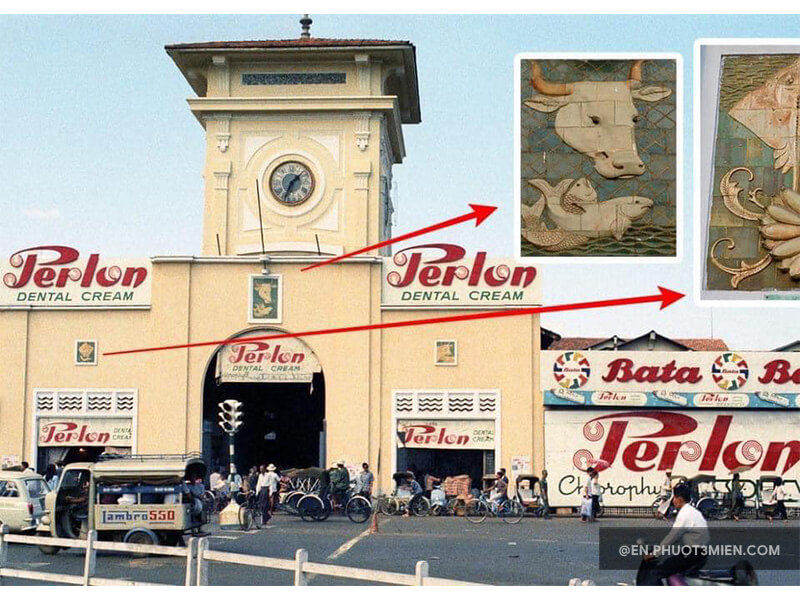
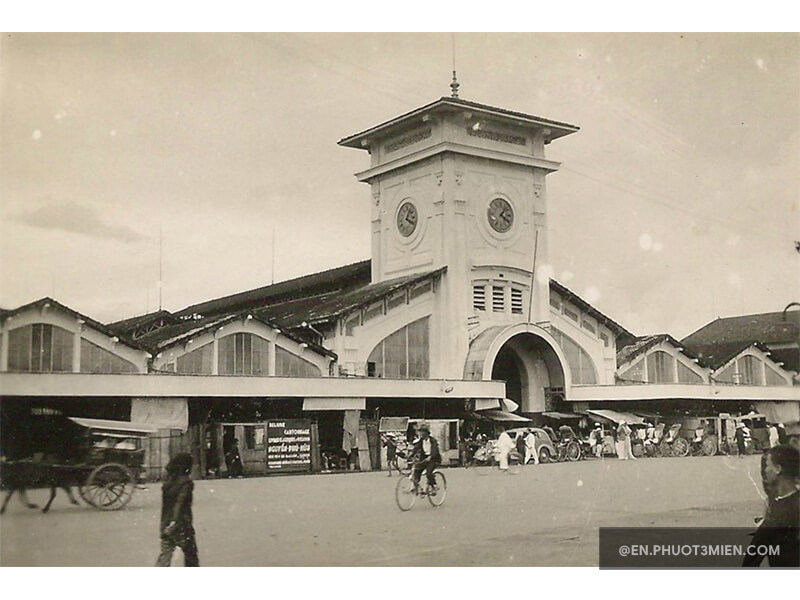
Unbeknownst to most patrons however, is the interesting history of the place, which is worth a quick read. The first “Ben Thanh” market started out in the early 17th century as a few little stalls and informal makeshift markets by casual street vendors gathering together near the Ben Nghe River (Saigon River). When the neighboring Gia Dinh citadel was overthrown in 1859 by French imperialists, the market was properly built and formally established. Initially named Les Halles Centrales, it was renamed Ben Thanh which roughly translates to “wharf citadel”, after being destroyed in a fire and then restored.
However, in 1914 the market was relocated to a more central location to what was then near the My Tho railway station (current Saigon bus station) and again renamed as the “New Ben Thanh Market” to distinguish from its predecessor. In 1985 the new one was renovated to keep up with the city’s progress, yet the famous clock tower on the south entrance was left unchanged. Despite the restorations over time, the market remains one of the earliest surviving structures of Saigon – having witnessed war after war, and finally peace.
Location and Opening Hours of Ben Thanh Market
It’s literally impossible to not get to Ben Thanh because it’s used as a landmark when it comes to addressing other locations of the city. The market possesses one of the most crucial locations in District 1 – the intersection of Le Loi, Le Lai, Ham Nghi, and Tran Hung Dao, and is also right opposite the Saigon Bus Station – so you can say that all roads lead to Benh Thanh. From the Tan Son Nhat International Airport, you can take Bus 152 which takes you directly to Ben Thanh Market and this costs about 15,000 VND (50 cents).
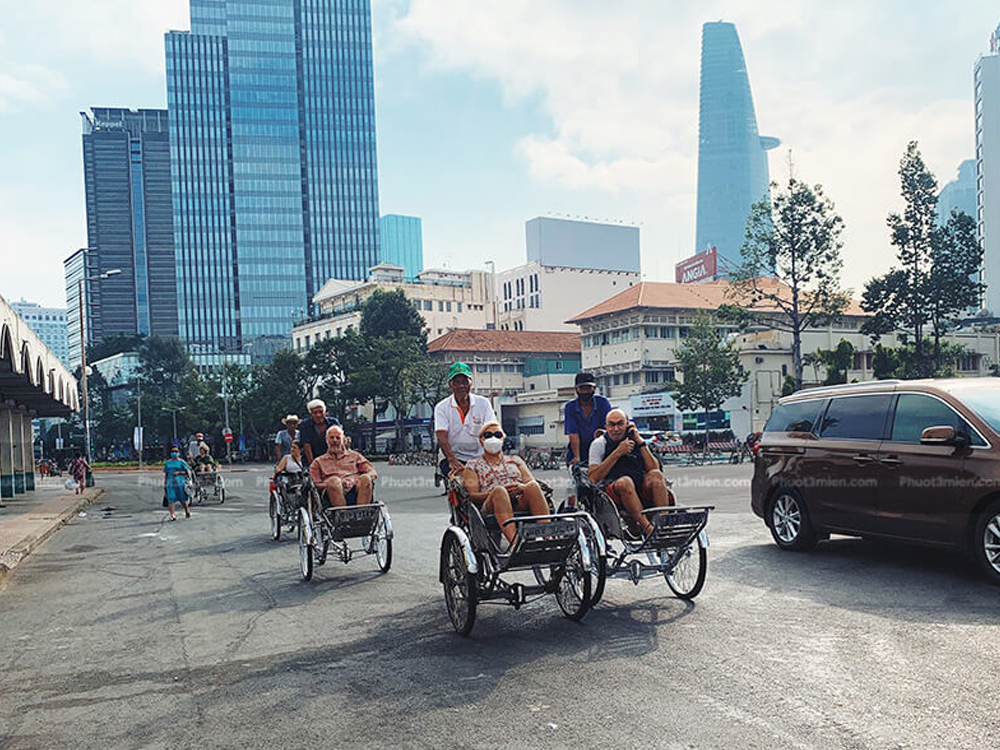
You can easily walk if you live in the nearby vicinity, take a bus or if you’re a lazy sack of meat and bones like myself, you can always call an Uber/Grab or hail a local Vinasun/Mai Linh taxi. They will all know where it is.
Opening Hours
- Ben Thanh Market: 6 AM – 6 PM
- Ben Thanh Night Market: 6 PM – 10 PM
During Tet (Chinese New Year), Ben Thanh Market IS open, however not all the stalls are open. It will also be less crowded, so to me, it’s a perfect time to visit. The market also gets decorated with gorgeous lights and flowers, so it’s a sight to behold!
Layout of Ben Thanh Market
The market has four main entrances and 12 gates. The south one, with the famous clock façade that looms over the vehicle carousel that is Ben Thanh roundabout, is the one often depicted in pictures and is thus the most recognized of all. The eastern gate leads to Phan Boi Chau Street, the western one overlooks Phan Chu Trinh Street and the northern gate faces Le Thanh Ton Avenue.
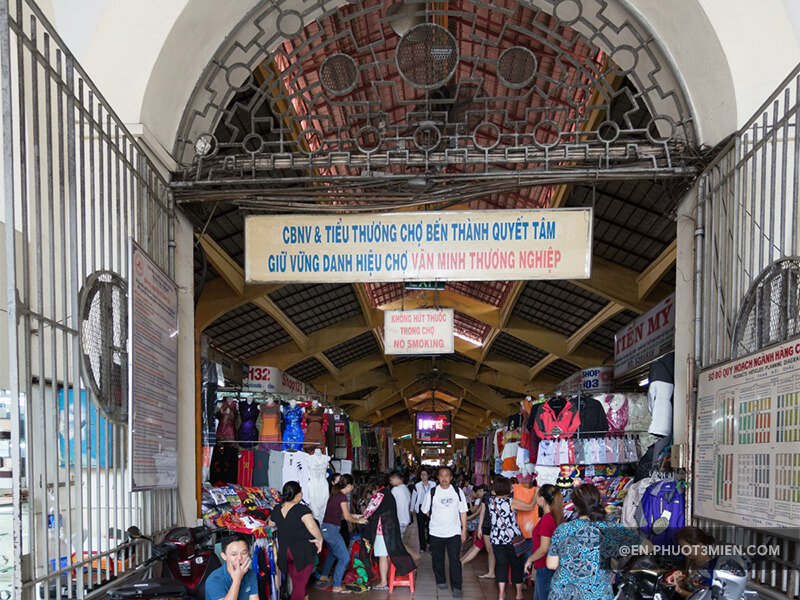
At the southern gate is a small temple to which market traders come every day to pray for sales and prosperity. You may witness their rituals if you visit in the early hours of the morning, around 4 AM, which is when the market begins to wake up from its night slumber.
Secret Ben Thanh Market Shrine
KKday is a travel APP platform offering over 20,000+ online products such as: tickets for amusement parks, outdoor services, sightseeing tours, culinary experiences, transportation, accommodation, courses, and local culture... Currently, there is a summer promotion with discounts up to 50% and coupons up to 250K VND off.

Attractive discount codes such as: 100K VND off for new accounts, 150K VND off summer promotion, 250K VND off, KKday birthday celebration...
Ben Thanh Market (Cho Bến Thành) is a large tourist marketplace in central Hồ Chí Minh City (Saigon), Vietnam. The market is located in District 1 and it is famous for its’ knock off apparel, food court, night market and fresh food market. Constructed in 1870 by the French, the market was initially called Les Halles Centrales before being renamed Ben Thanh in 1912. The iconic clock tower at Ben Thanh Market is one of Ho Chi Minh City’s most recognized sight.
Inside The Secret Shrine At Ben Thanh Market
Most tourists who visit this market are not aware about the secret temple located behind the clock tower. This small temple located 1 floor up from the main market is where vendors come to pray for a prosperous day. The following is a visual guide about this temple and how you can visit it.
What to Buy at Ben Thanh Market?
The stalls first up outside the rear end (north gate) sell fresh fruit and vegetables, meat, fish and flowers. You may feel disgusted when you see body parts of animals you eat that you normally don’t see such as intestines, feet, and brains, or you may be intrigued or even feel indifferent. I was progressively all three. The flowers are a lovely sight, calming even and makes you momentarily forget the unsettling image of picking up a brain fold with a pair of chopsticks (I’m sorry). The wet market is only busy during the early hours of the day and begins to close down during midday.
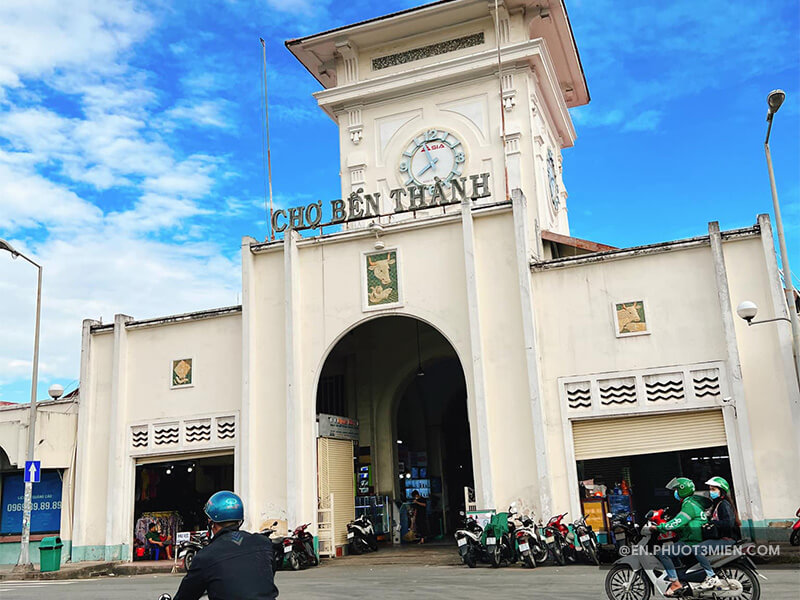
At around 8 AM the main gates of the market open to a whole new universe. Within the walls are approximately 3,000 stalls, bringing together about double the amount in traders, all with a common goal. Try not to be overwhelmed when you see piles and piles of colorful items stacked on tables as you walk through small openings separating one stall from the other. These items range from clothes, jewelry, and shoes to handicrafts, lacquerwear, electronics and even food. Such a diverse range of items sold so conveniently in a single space for a small price allows Ben Thanh market to attract about 15,000 customers a day, with a large portion of the demographic being foreigners. Almost all leave on a satisfied note.
At around 8 AM the main gates of the market open to whole new universe.
The market is organized into categories and so is easy to navigate despite the chaos. On the outer layer of the rectangular structure, just within the main doors are the fixed price sections. This extends around the whole market except on the northern face. Here you cannot normally bargain your way down as these stalls are run by the government.
The signs on the stalls and the uniforms donned by the vendors (a light blue t-shirt) are two ways you can tell these stalls apart from the rest. They also sell different kinds of items, but within the same categories mentioned above, yet there isn’t much overlap with what you can find on the inside, so it is hard to compare and say what section is cheaper. But if you prefer smooth shopping and want to avoid loud negotiations then this is for you. You can sometimes also use the fixed prices as a benchmark to haggle your way through on the inside.
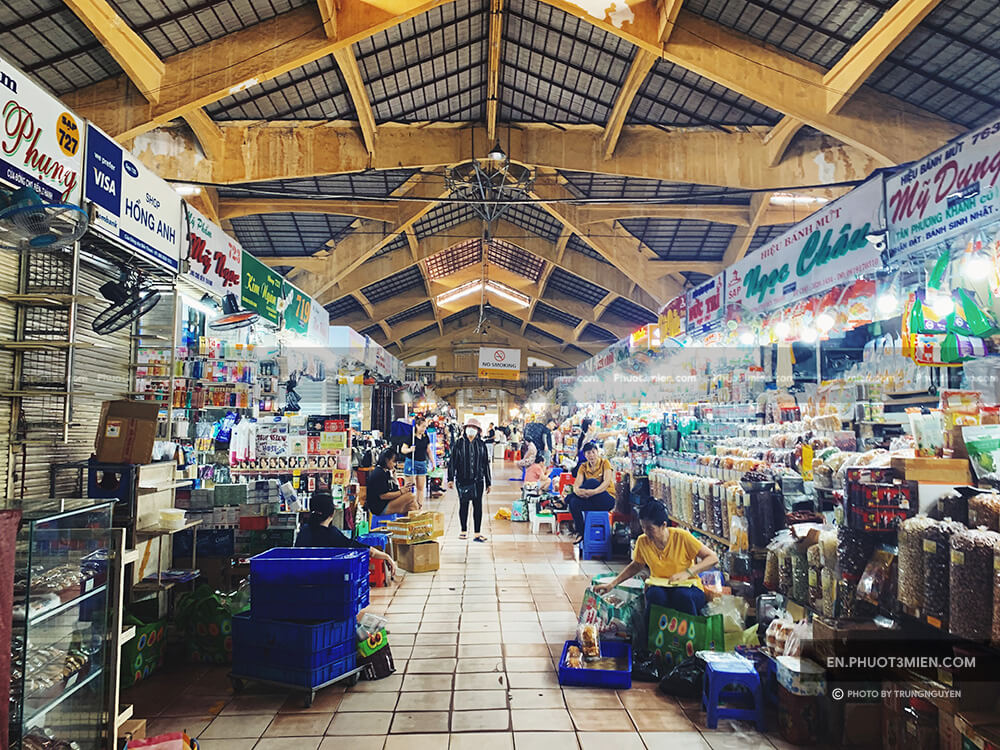
The inner layer is where things get fun. Turn right or left after you enter through the south gate if you are looking for clothes. The front of the market is full of them, especially knock off designer clothes, handbags, wallets and shoes.
If you’ve run into a (most probably) drunk backpacker wearing a brightly colored tank top with VIET NAM written in capitals across the chest and wanted to get your hands on one, here is where you will find it. You can also get your hands on the traditional ao dai costume and non la – a Vietnamese conical hat you often see people wearing on the street. The stalls on the first row also sell mosquito nets, hammocks, embroidery, and even bedding. Walk on (squeeze through, rather) to the next row and turn right (east gate side) to find items such as cosmetics, jewelry, watches, and handicrafts. If you turn left instead, you will find shoes and even more clothes.
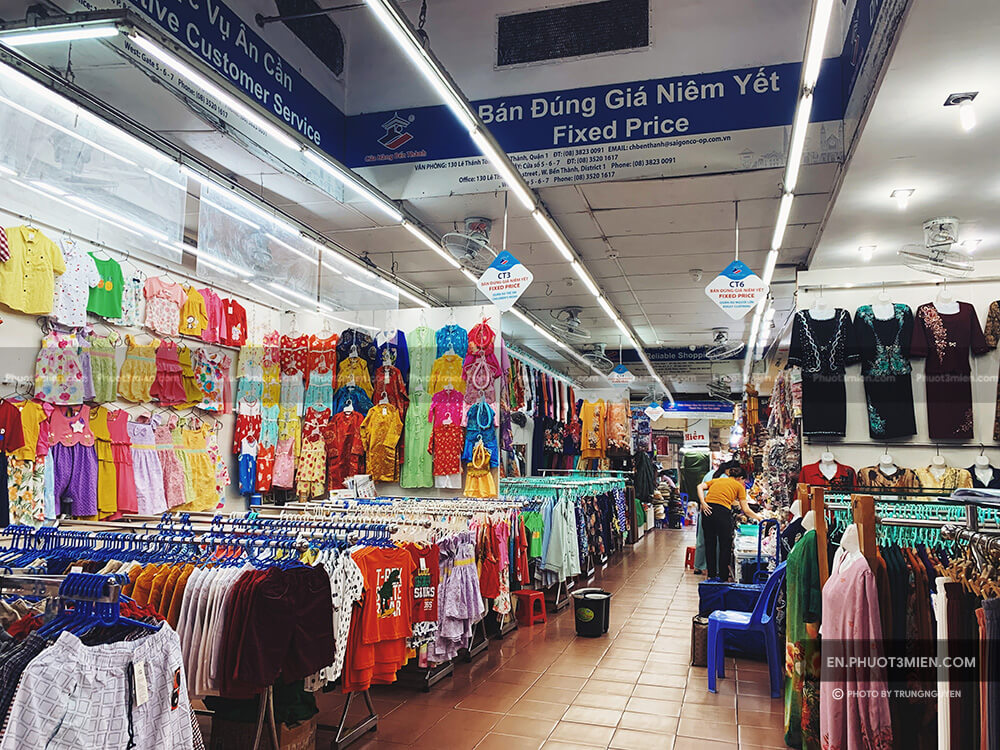
If you’ve run into a (most probably) drunk backpacker wearing a brightly colored tank top with VIET NAM written in capitals across the chest and wanted to get your hands on one, here is where you will find it.
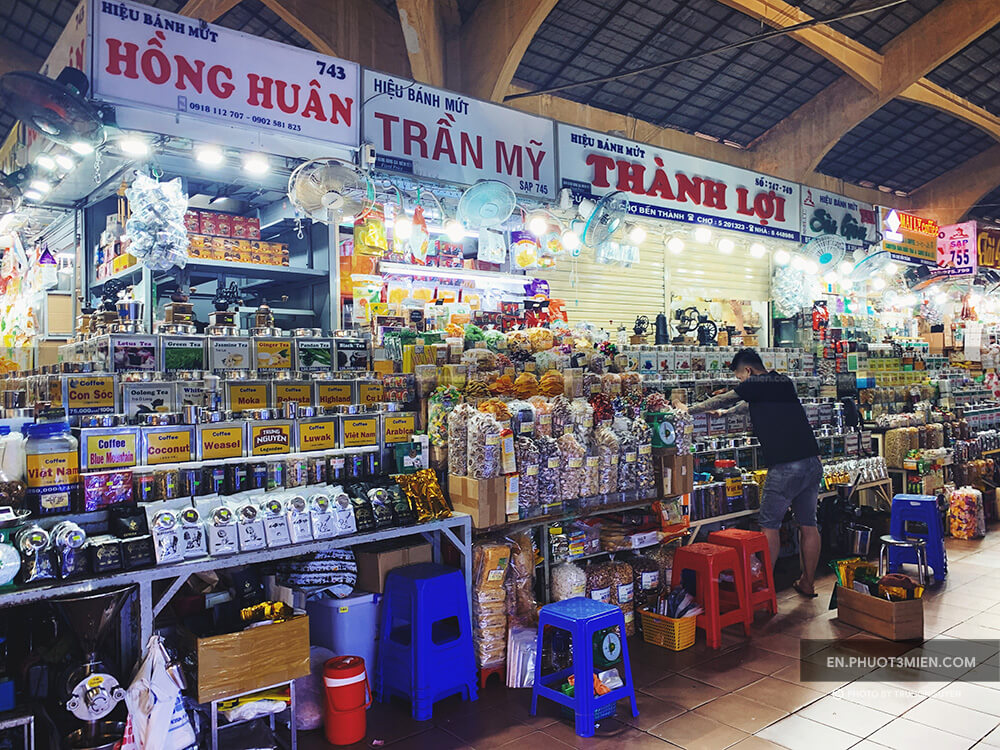
You’ll be able to find the perfect gift here for your loved ones and maybe a pair of wooden chopsticks for those you deem your not-so-close-friends. That’s what I do. Why do you think I’m writing under a pseudonym?
Food Court in the market
Another row in and you are fully immersed in the world of Vietnamese food. With more packaged food to your right, you can get your hands on different varieties of coffee to take with you back home, available for purchase by the kilo. Phin filters are also available (and make wonderful gifts) for you to use every time you want to make your morning coffee the Vietnamese way.
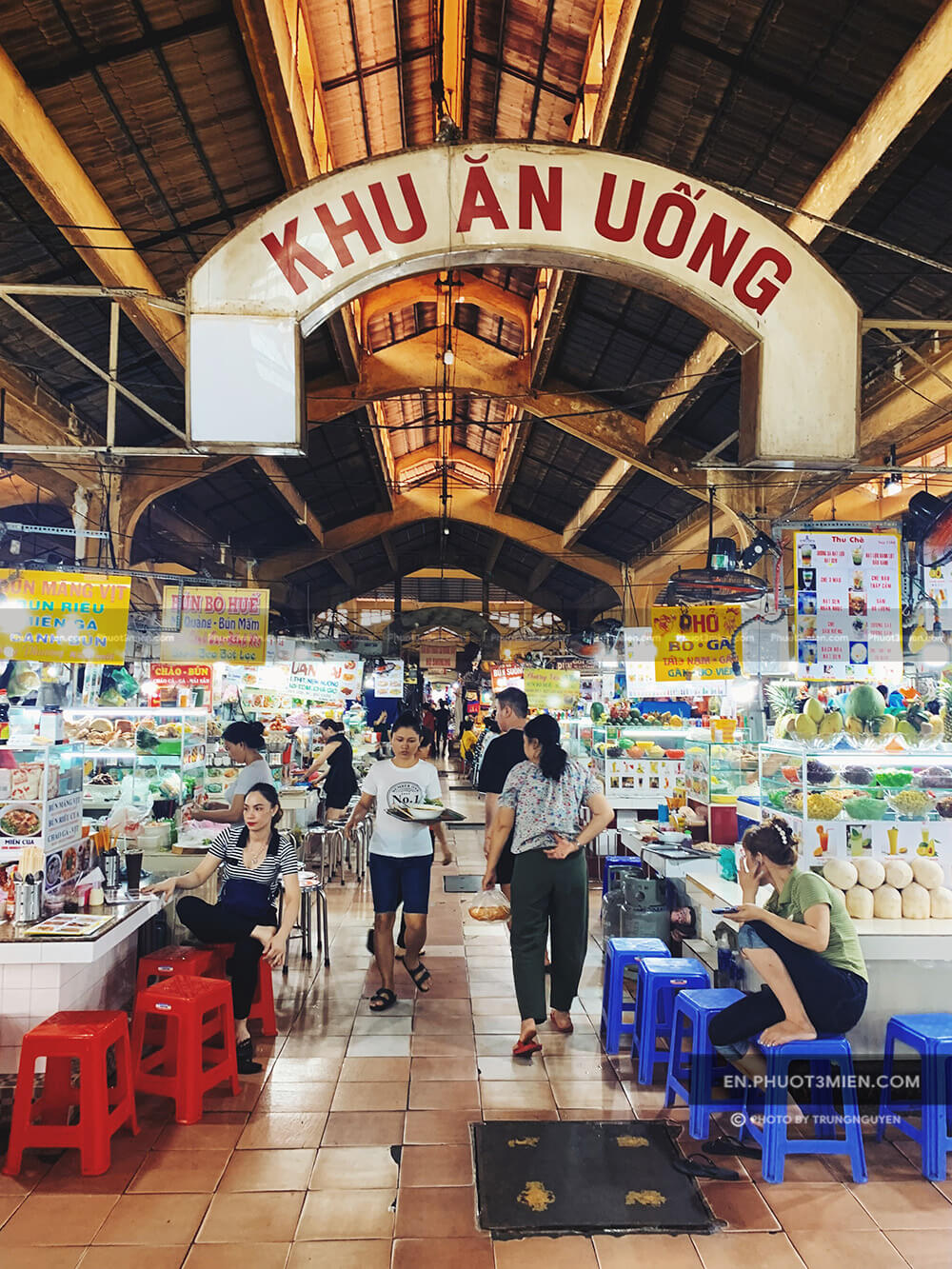
Turn your nose a little to the left however, and the smell of freshly made dishes will waft towards you and gently tug on your nose hairs. From here on to the end of the market is a glorious haven of delicious food. You can sample the many different meals that locals dine on a daily basis, such as banh cuon, banh xeo (Vietnamese pancake), banh beo, cha gio, hu tiu, bun thit nuong, bun rieu, com ga (chicken rice), com tam (broken rice with pork), etc. and then down it with a ca phe sua da (traditional Vietnamese iced milk coffee).
PS: You can click some of those names above, it will redirect you to more in-depth pages.
Any food stall in the back of the market (or outside, they’re all good) is worth your try as international travel magazines (i.e.: Food and Wine) have recognized Ben Thanh as one of the world’s top street food destinations. The prices you pay for these dishes may be a little higher (still really, really, really cheap) than what you would normally pay on the side of the street, but the food tastes just as good, if not better. The lovely vendors behind the raw ingredients and cooking utensils also supply breakfast and lunch to the rest of the workers in the market so you will be eating exactly what they are.
You will also see a diverse array of fruit on display, many you maybe have never seen before such as mangosteen, milk fruit. There will also be durian.
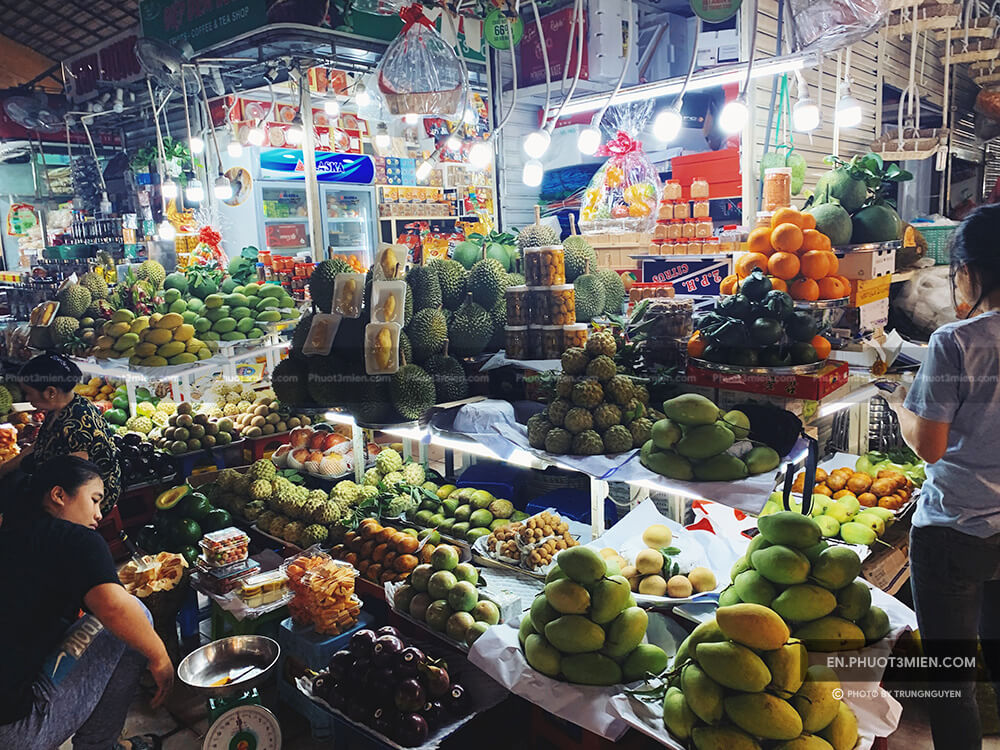
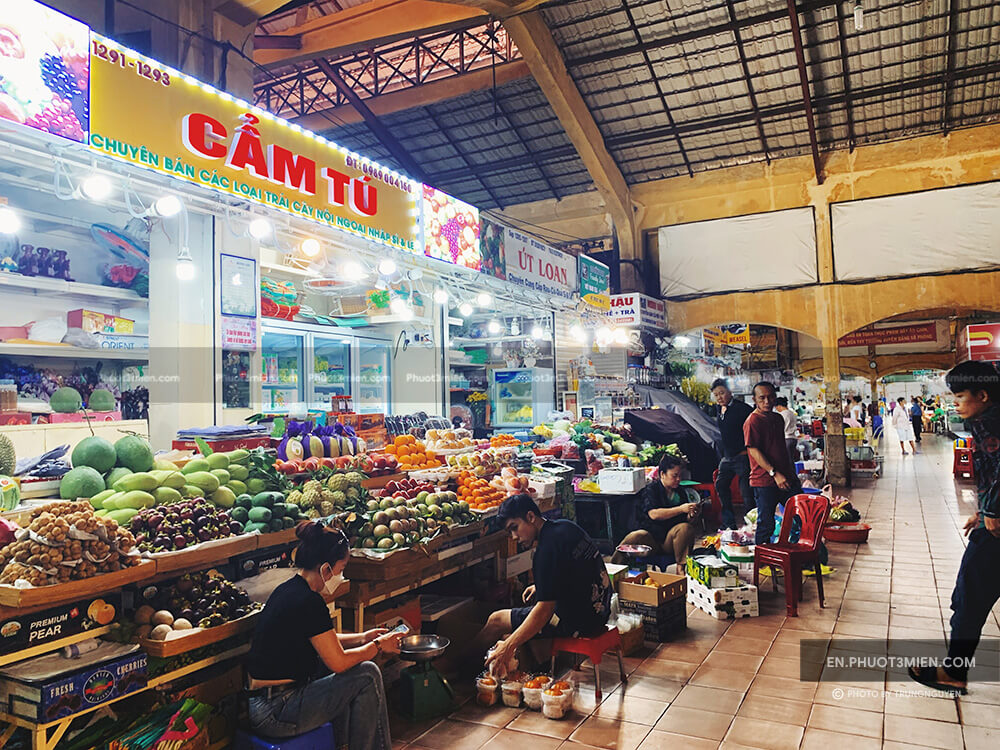
Souvenir Shop
Another row in (now you’re in the middle of the market), you will find dried food, snacks, teas and coffees, spices, seafood and sauces to your right, and to your left (west gate) will be mostly souvenir items such as handmade cloth bags and wallets, lacquer wear, ceramics, porcelain, bamboo, plastic, and glass displays and electronics. You’ll be able to find the perfect gift here for your loved ones and maybe a pair of wooden chopsticks for those you deem your not-so-close-friends. That’s what I do. Why do you think I’m writing under a pseudonym?
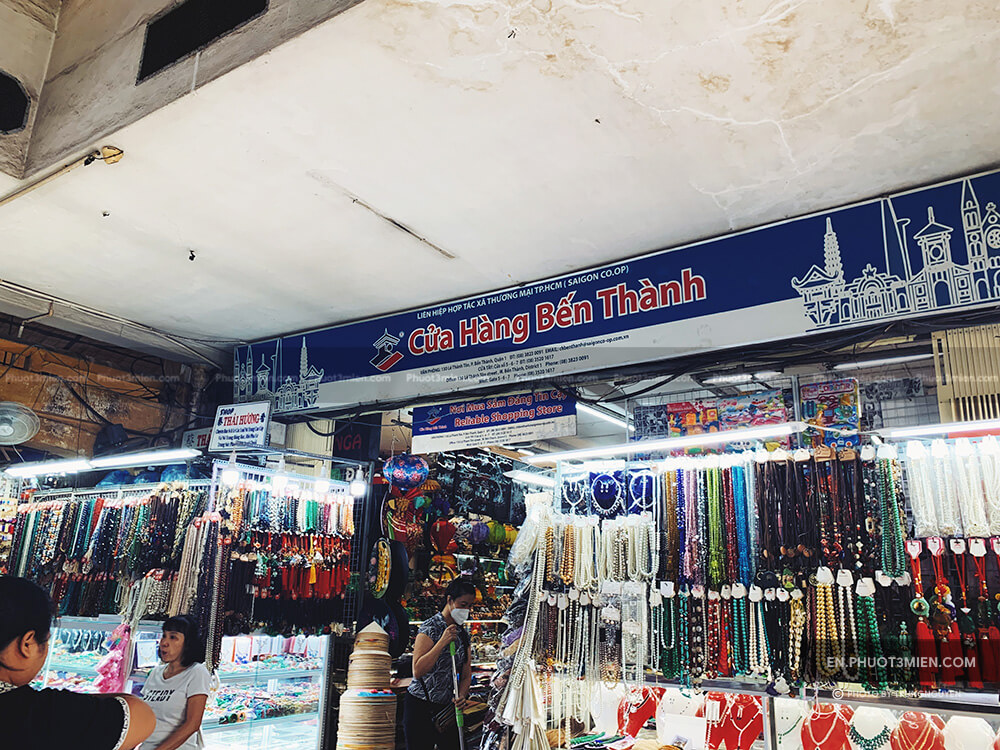
Ben Thanh Night Market
At 6 PM, the doors close to this universe but then another one opens, the Ben Thanh Night Market. From this time until late at night, stalls set up on the streets to the east and west of the Ben Thanh market, and some also open up on the north Le Thanh Ton Avenue. Similar items and dishes are sold in these shops as well and for similar prices. Nearby is the famous Streetfood Market – a little more pricey but with a wider array of local and fusion dishes. It closes down by 10 PM but is a great place to get some dinner before you head out for the night. There are clubs and bars nearby, or cafes and parks – whatever suits your mood and taste.
Price Guide
Here’s a rough price list for some items that you might be interested in buying at Ben Thanh Market. And more importantly, to give you a better preparation when it comes to haggling, an activity that one should not avoid when trying to purchase anything here.
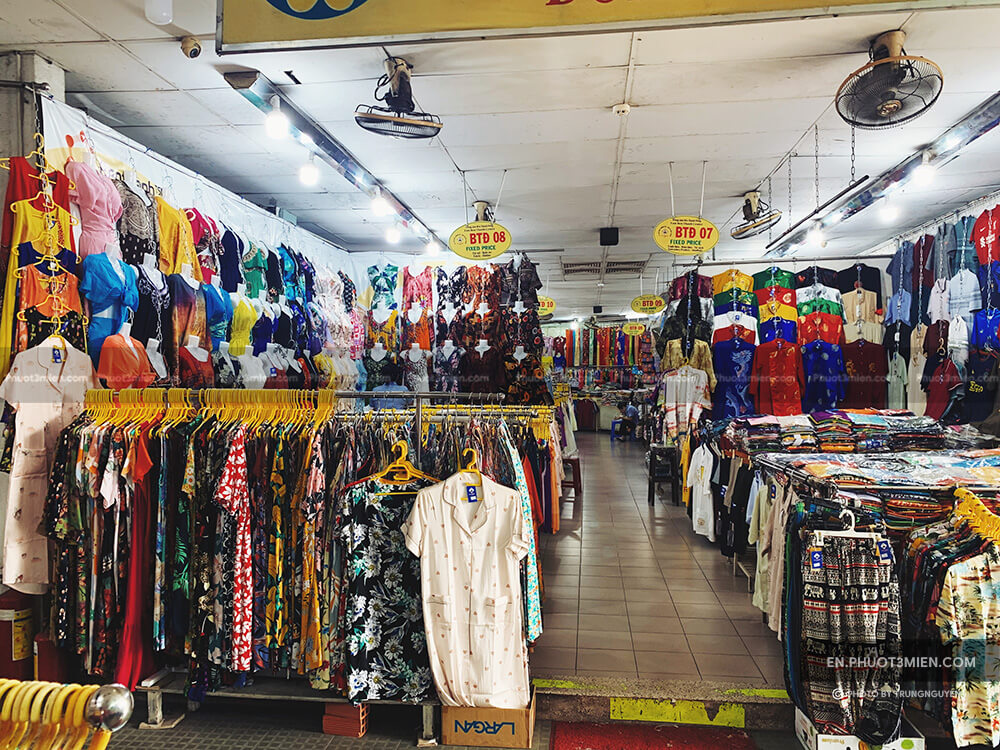
Again, remember that you don’t have to bargain at stalls where sellers wear light blue T-shirts. Check the “Tips and Tricks” section at the end to see what you can do if you can’t remember all these prices.
| Item | Price (VND) | Price (USD) |
| T-shirt, shirt | 150,000 – 200,000 VND | 6.5 – 8.7 USD |
| Pants | 200,000 – 300,000 VND | 6.5 – 13 USD |
| Ao dai | 250,000 – 350,000 VND | 10.8 – 15.2 USD |
| Non la (conical hat) | 30,000 – 50,000 VND | 1.3 – 2.2 USD |
| Sandals | 150,000 – 200,000 VND | 6.5 – 8.7 USD |
| Shoes | 300,000 – 500,000 VND | 13 – 22 USD |
| Handbag | 200,000 – 300,000 VND | 6.5 – 13 USD |
| Wallet | 150,000 – 200,000 VND | 6.5 – 8.7 USD |
| Small souvenir (keychain, magnet, bookmark, etc.) | 20,000 – 50,000 VND | 0.8 – 2.2 USD |
| Lacquerware (depends on the size) | 70,000 – 300,000 VND | 3 – 13 USD |
| Ceramic, porcelain (depends on the size) | 100,000 – 400,000 VND | 4.3 – 17.3 USD |
| Bamboo mat painting | 70,000 – 100,000 VND | 3 – 4.3 USD |
Nearby Ben Thanh Market
Bui Vien (the backpacker street) isn’t much further away and can easily be reached on foot and the same can be said about Walking Street (Nguyen Hue) and other famous tourist sites of the city such as the City Hall, Notre Dame Cathedral, Central Post Office, Opera House, War Museum, Reunification Palace, etc.
The interior of these structures may be closed but they are a sight to behold at night with floodlights illuminating their cream-colored walls in the dark. One of my favorite things to do is walk around this area at night because the traffic isn’t as loud or congested and it is extremely relaxing. There is also just so much to see – so you can definitely make a good night out of it.
Further reading: 11 Places You Must See Around Ben Thanh Market
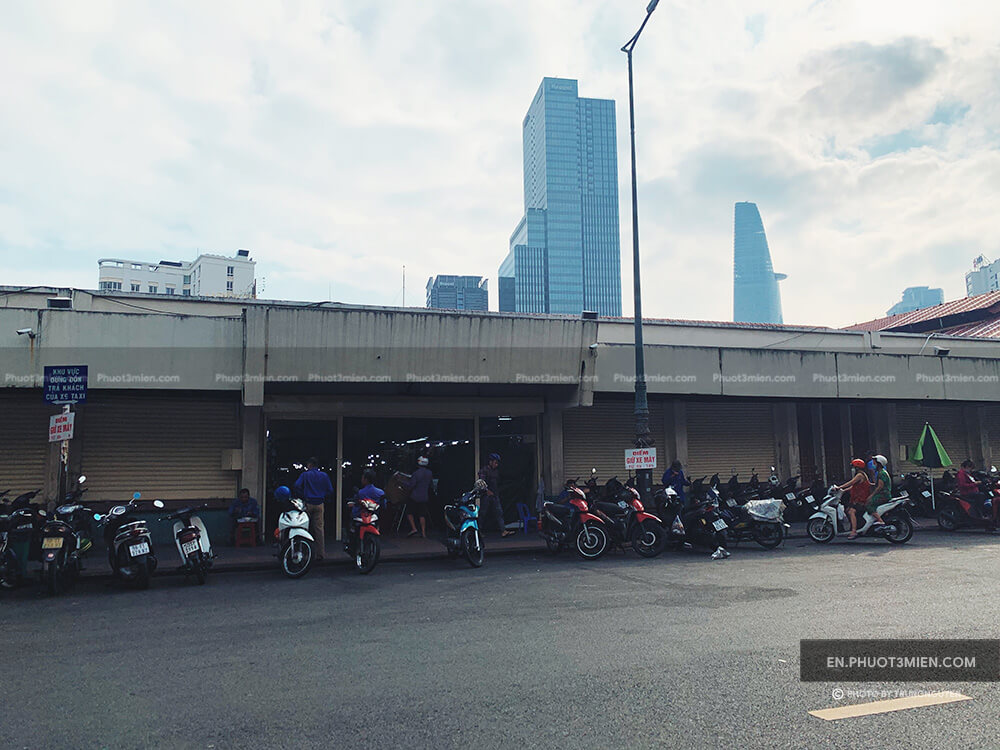
Tips and Tricks
Be prepared to haggle if you’re not a local. The prices named at Ben Thanh Market is often inflated up two or three times than what it normally is so if you do not have a benchmark to make an initial offer (there is a science to bargaining! Check into “anchoring effects” if you want to know!) then just haggle your way down to a third of the named price.
If you go in the morning, you may be able to acquire more bargains than if you go later in the afternoon. They say that some traders offer a “morning price” for their first transactions of the day which is believed to bring them good luck.
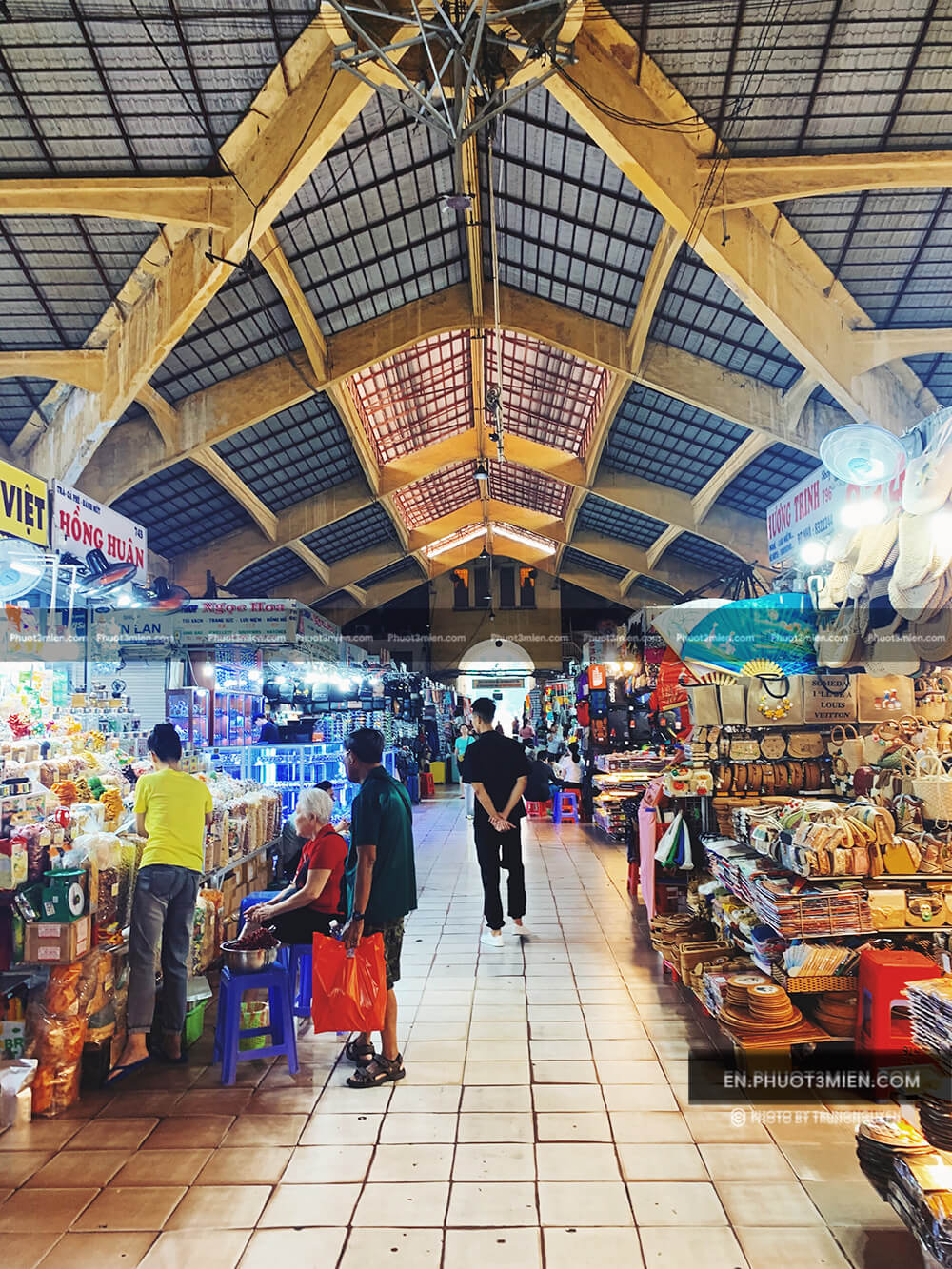
The vendors are also in better moods in the morning because they haven’t yet had to deal with many customers. You may find them a little rude in the afternoons, so to avoid that, do go early. The produce is also at its freshest in the mornings!
If you don’t want to buy anything at all, then look for a moment and walk along. Don’t touch things and then put it down. This may anger the vendors.
Pay close attention to your valuables. They can easily be snatched and you may not notice anything missing till you’re done.
Some sellers can also speak French, Chinese, Japanese or even Korean.
Use humor! Make the vendors laugh. They do this every day and it’s not an easy job, so be polite, make jokes and be reasonable when naming your prices.
More interesting markets in Saigon: Tan Dinh Market, Collectors Market, Yersin Market, Ho Thi Ky Flower Market.
If you enjoyed this article, follow Travel Blog Phuot3mien for more fun info on what to do, see, and eat while in Vietnam!
